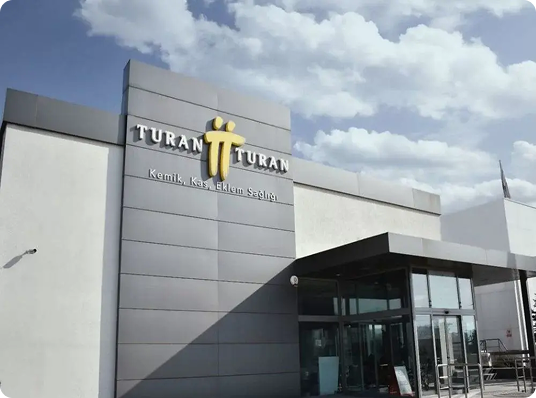Bladder Cancer
Bladder Cancer care requires a multidisciplinary approach where oncologists, radiologists, and surgeons collaborate to provide individualized therapies. Options include surgical removal, radiation, chemotherapy, and newer biological treatments that focus on specific genetic markers.
Get Expert Consultation
Speak with our medical travel experts to get personalized guidance for your procedure
✓ No commitment required • ✓ Expert guidance • ✓ Free consultation

Book Your Free Medical Consultation
Get expert advice—free and easy. Just fill out the form to start your health journey!
Key-Insights for
Bladder Cancer
Procedure Time
The procedure typically takes around 1-2 hours from start to finish.
Recovery Period
Most people can return to their normal activities within a few days, but it may take up to 4-6 weeks for full recovery.
Expected Results
Effective removal of cancerous cells and preservation of healthy tissue, leading to improved treatment outcomes.
Ideal Candidates
Individuals with symptoms of bladder cancer, such as blood in the urine or frequent urination.
Bladder Cancer
Bladder Cancer care requires a multidisciplinary approach where oncologists, radiologists, and surgeons collaborate to provide individualized therapies. Options include surgical removal, radiation, chemotherapy, and newer biological treatments that focus on specific genetic markers.

People seek these procedures for various reasons:
Aesthetic Enhancement
Early detection and treatment can significantly improve treatment outcomes
Corrective Purposes
Minimally invasive procedure with reduced recovery time compared to open surgery
Functional Restoration
Expert diagnosis and personalized treatment plan from a urologist
Things to Check Before Treatment
- •Consult your doctor about any medications you're taking, including blood thinners and anticoagulants.
- • Inform your healthcare provider if you have a pacemaker or implantable cardioverter-defibrillator (ICD).
- •Let your doctor know if you've had previous bladder cancer treatment or surgery.
- • Discuss any concerns you may have about anesthesia with your surgeon.
- • Review your medical history, including any kidney stones or urinary tract infections.
Potential Risks
- •Infection at the surgical site
- •Reaction to anesthesia
- •Bleeding during or after the procedure
- •Development of a urinary tract infection (UTI) or kidney stone
- •Bladder function problems, including urinary retention
How to Choose the Right Country, Clinic, and Surgeon
Do's
Verify surgeon credentials (e.g. ISAPS, JPRAS)
Ask for before-after photos
Check language barriers
Review aftercare and follow-up options
Consider local laws on medical malpractice
Don'ts
Don't Choose a Clinic Based Only on Price
Don't Rely Solely on Social Media or Influencers
Don't Ignore Language Barriers
Don't Rush Into Surgery Without Research
Don't Assume You Can Fly Back Immediately
CureMeAbroad Services Are Absolutely Free.
You pay same rates for treatments as in the hospital's original price list.
CureMeAbroad Services Are Absolutely Free.
You pay same rates for treatments as in the hospital's original price list.


Book Your Free Medical Consultation
Get expert advice—free and easy. Just fill out the form to start your health journey!
Bladder Cancer
Frequently Asked Questions
This procedure involves specific medical techniques tailored to address particular health conditions. Your doctor will explain the detailed process based on your case.

Help Me Plan My Treatment Abroad
End to End Treatment Planning Specifically curated as per your need. Just a Call away


Help Me Plan My Treatment Abroad
End to End Treatment Planning Specifically curated as per your need. Just a Call away


Book Your Free Medical Consultation
Get expert advice—free and easy. Just fill out the form to start your health journey!



